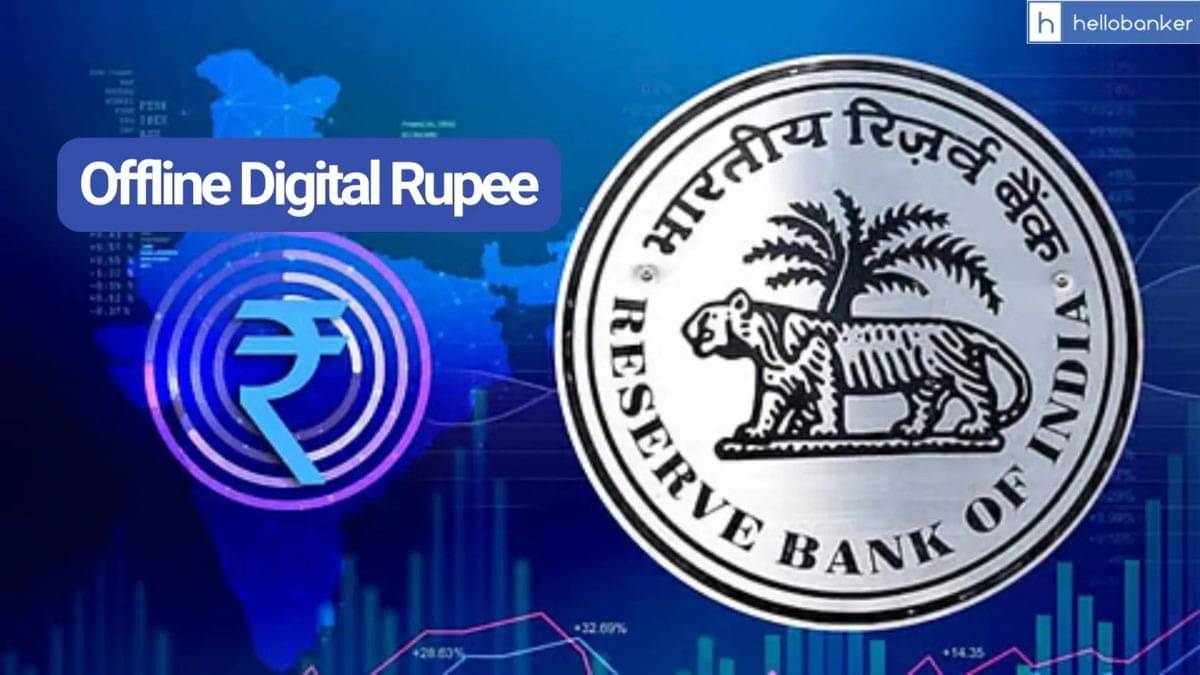The Reserve Bank of India (RBI) has officially rolled out the offline Digital Rupee (e₹), enabling instant digital transactions even in areas with no internet or mobile connectivity. The launch, announced at the Global Fintech Fest 2025, marks a major step in India’s efforts to strengthen its digital financial ecosystem and enhance financial inclusion across the country.
Unlike traditional payment systems such as UPI, which require online access and bank accounts, the Digital Rupee allows direct wallet-to-wallet transfers. This feature makes it particularly valuable in rural or underserved regions where connectivity or banking infrastructure is limited, ensuring that citizens can transact securely without depending on traditional banking channels.
The offline e₹ operates through two main technologies: Near Field Communication (NFC), which allows users to transfer funds by simply tapping NFC-enabled devices, and telecom-assisted payments, which can function even with minimal network signals. These innovations are designed to make digital transactions as seamless and accessible as cash.
Digital wallets can be downloaded via official apps from 15 participating banks, including State Bank of India, HDFC Bank, and ICICI Bank. Wallets carry no minimum balance requirement, while daily transactions are capped at Rs 50,000 or 20 transfers, and wallet balances cannot exceed Rs 1 lakh. Security features include safe recovery options in case of lost devices, ensuring users’ funds remain protected.
Beyond everyday transactions, the Digital Rupee introduces programmable money features. Funds can be geo-fenced, time-bound, or restricted for specific uses, making it particularly useful for government welfare schemes and corporate disbursements, ensuring that money is spent for its intended purpose.
RBI Governor Sanjay Malhotra emphasised that the Digital Rupee complements India’s Digital Public Infrastructure, promoting financial inclusion and expanding the nation’s FinTech ecosystem. He added that the initiative positions India among the first countries to operationalize a Central Bank Digital Currency (CBDC) with offline capabilities, providing citizens with a practical, universally accessible tool for secure digital payments.

